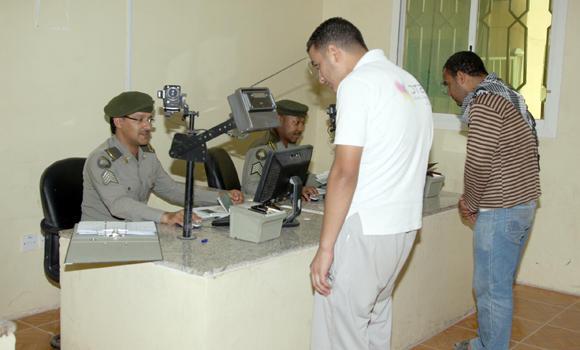Riyadh, Jun 21: The Passport Department has announced that companies and individuals would no longer need to visit its offices from Aug. 16 because services would be available online and identity cards for expatriate workers would be sent through Saudi Post, a media report has said.

Col. Khaled Al-Saikhan, assistant director of passports for technical affairs, said the new identity card for expatriates, to be issued from Oct. 14, or the start of the new Islamic year, would have a physical lifespan of five years or more depending on how it is looked after.
It would contain the person’s name, number, date of birth, occupation, work eligibility, nationality, work permit number (if any), religion and employer. The card is renewable electronically via Abshir or Muqeem online services by the employer annually.
Al-Saikhan said the main changes are that the new card would no longer be called an iqama but Resident Identity Card. The card itself does not expire, but its validity is based on the rules and regulations of the Ministry of Interior.
With the introduction of the Resident Identity Card, Al-Saikhan said security officers working in the field would be able to access information on a resident electronically and more efficiently.
As for visa regulations, Al-Saikhan said expatriate workers with exit and re-entry visas who do not return to the Kingdom before the visa expires, would not be allowed to enter for a minimum period of three years.
Workers who want to return can only do so after the three-year period, he said.





Comments
Add new comment